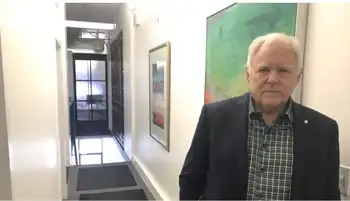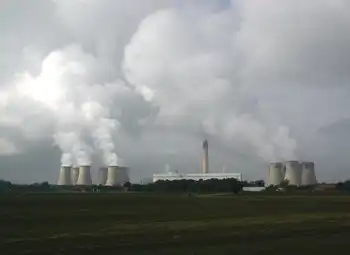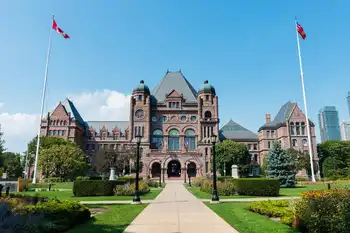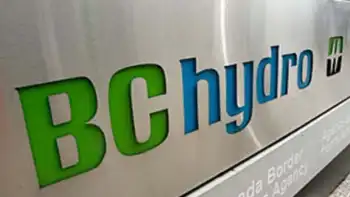Energy bill hits snag in House: Critics foresee more power plants
By Knight Ridder Tribune
CSA Z463 Electrical Maintenance -
Our customized live online or in‑person group training can be delivered to your staff at your location.

- Live Online
- 6 hours Instructor-led
- Group Training Available
After four hours of public hearings, the House Committee on Energy and Energy Efficiency has put off voting on the measure. Rep. Pricey Harrison, a Guilford County Democrat who leads the committee, is planning to bring in independent electric-utility experts to explain the proposal's financial risks to the public.
"I don't think it got the attention and scrutiny it needed in the Senate," Harrison said. "We have not thoughtfully reviewed the (power plant) provisions." The bill would require the state's utilities to derive 12.5 percent of their electricity through energy efficiency programs and from renewable sources.
North Carolina would be the first state in the Southeast to adopt such a requirement. But as it encourages energy alternatives, the bill would also make it easier for utilities to raise electricity rates to pay for the costs of building nuclear and coal-burning power plants.
In a change from current practice, utility customers could star paying years before the plants were built - even if the plants are never completed. Currently, such cost recovery is allowed at the discretion of the state Utilities Commission, but only if a utility declares financial distress - which practically means never.
As a matter of state policy, utility customers pay for the construction and financing of power plants. But if a utility were to abandon a power plant in mid-construction today, many assume that the company would bear significant risk and absorb some, if not all, of the expense. Dan Besse, a Winston-Salem councilman, warned at the public hearing that helping utilities charge the public for risky power plants is "a consumer catastrophe in the making."
The proposal started out as an energy efficiency and renewables bill but grew into a comprehensive energy package containing sweeteners for the utilities and other groups.
It cleared the state Senate in about a week this month after the bill had been negotiated for six months by representatives of utilities, manufacturers and environmentalists. "It's a consensus bill, and we believe it will stand up to scrutiny of the legislative process," Progress Energy spokeswoman Cari Boyce said.
Under the proposal, 12.5 percent of the electricity sold by Progress Energy and Duke Energy would have to come from conservation programs and renewable sources such as solar energy, swine waste and poultry waste by 2021. For municipal utilities and elec ric cooperatives, the requirement would be 10 percent by 2018.
About two dozen states have a renewables and efficiency requirement. The measure is backed by Raleigh-based Progress and Charlotte-based Duke. But some leading environmental groups oppose the bill, fearing it would promote new power plants at the expense of energy alternatives. They worry that as it takes away the utilities commission's discretion on power plant costs, the bill limits how much a utility could spend on energy efficiency and renewables.
It also grants the utilities commission new discretion to modify the efficiency and renewables requirements. Consumers would share the utilities' costs of moving to renewables and efficiency, as the companies expect to lose revenue and invest in new technology.
For a residential customer, the proposal caps the annual cost at $10 a year from 2008 through 2011, to $12 a year from 2012 through 2014 and at $34 a year thereafter.











